Race For Acceptance: Why Japan's Paralympics Mean More Than Medals
Long-jumper Sayaka Murakami is hoping not just for a medal at the postponed Tokyo Paralympics, but also for lasting acceptance in a Japanese society where disabled people can feel pressured to stay out of the public eye.
Like many Japanese para-athletes, Murakami believes the Games are a unique chance to fight discrimination and change the way her country treats people with disabilities.
"It's a window of opportunity," the 37-year-old told AFP as she trained at a facility in Chiba, south-east of Tokyo.
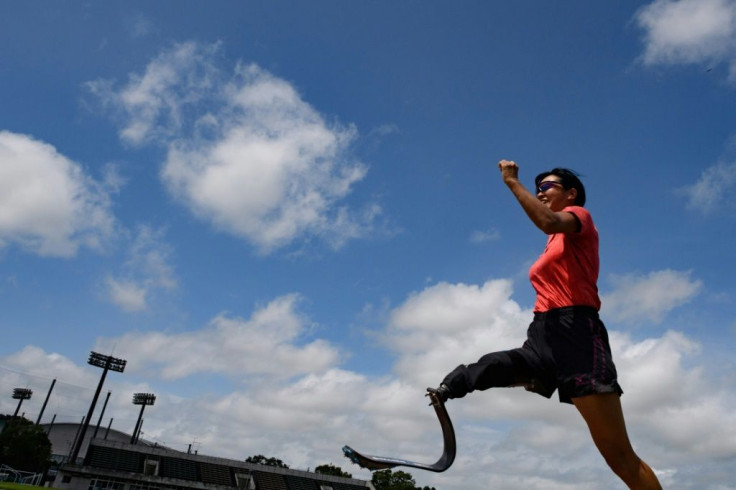
"I hope that the Paralympics will be a chance for people to realise that people (with disabilities) live among them" and are part of society, she added.
The decision to delay the Paralympics, now set to open in August 2021 following on from the rescheduled Olympics, was devastating at first, said Murakami, who lost her right leg in a train accident when she was 25 and competes with a prosthetic blade.
"I'd worked so hard, and was planning to retire after the 2020 Paralympics... I felt so down and I couldn't get back to being positive," she said.
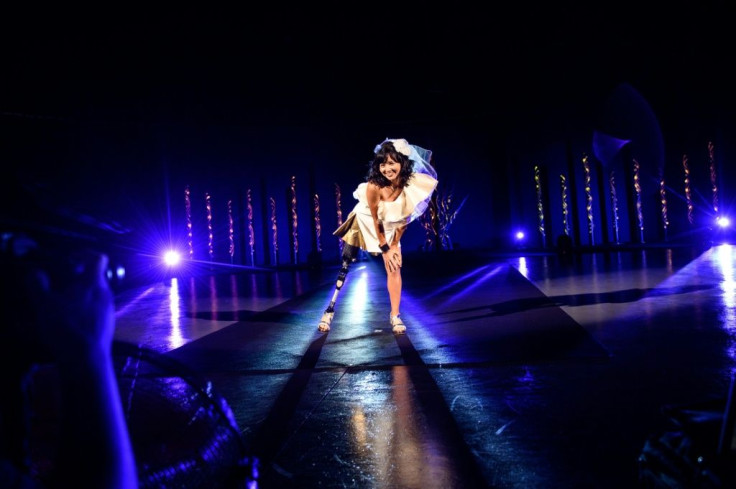
But gradually she said she felt her motivation returning, and she decided to resume training with the goal of qualifying for the postponed Games.
"If I can win a ticket, I will do my best to jump for a medal," she said.
Ahead of the Games, Tokyo has worked to improve access for disabled people and promoted para-sports, but disability activists and experts warn there is a long way to go.
Even Japanese citizens feel their society has room for improvement: 84 percent of respondents in a 2017 government survey said they believed there is discrimination or prejudice against people with disabilities.
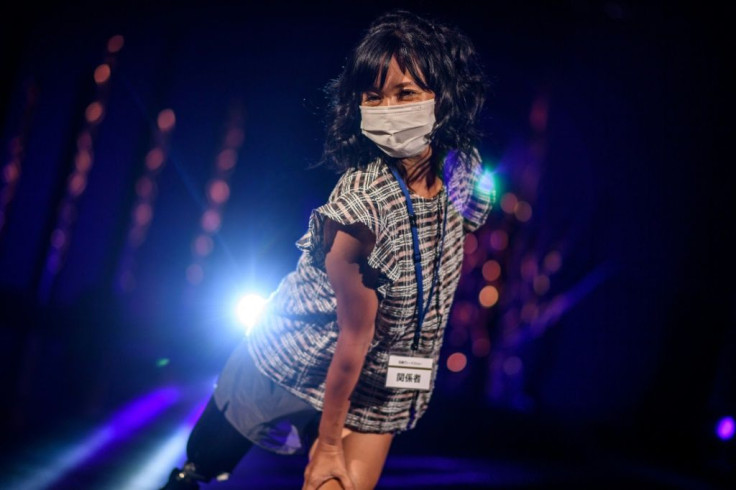
"Japan has not so far been used to accepting diversity," said Motoaki Fujita, a professor of sports sociology at Nihon Fukushi University and an expert on disabled sports.
"In Japan, the way people are evaluated often depends on whether they are seen as being productive or producing economic value," he told AFP.
There have been improvements since Tokyo won the bid to host the Games, he said, but those could be undone.
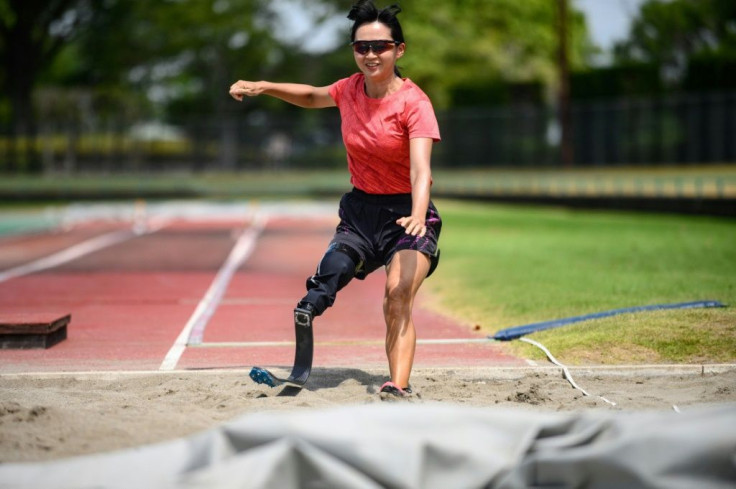
"The results will be totally different if the Games are cancelled."
In the run-up to the Games, there have been efforts to increase the visibility of disabled people -- with broadcasters hiring reporters with disabilities, and events such as a fashion show featuring models with prosthetic limbs, some of them athletes.
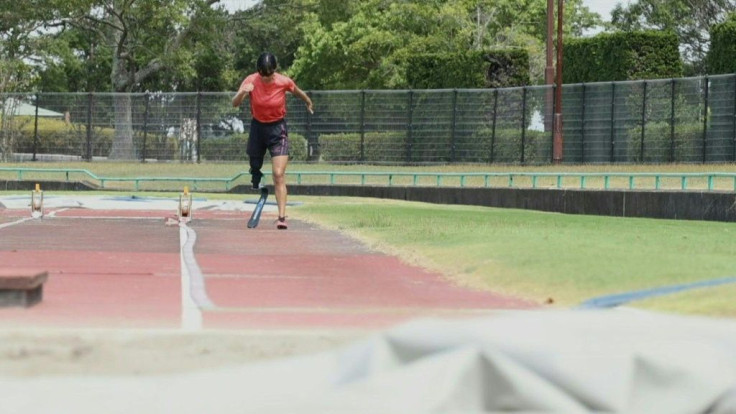
Among those participating in the fashion show was Kaeda Maegawa, who competes in the 100m and long jump and sashayed down the runway in a lacy white skirt that showcased her metal prosthetic.
She said she could understand that some people were reluctant to reveal their disability, and worry about being seen as a burden in Japan.
"But personally I don't feel that I want to hide my prosthetic leg... I want to send a message that prosthetic legs are cool," the 22-year-old said.
She is hoping to score a medal at next year's Games, but also sees them as offering a bigger opportunity.
"Since the Tokyo Paralympics was awarded, media coverage of para-athletes has increased, and because of that more and more people are becoming aware," she said.
"If you want to change something, knowledge is what's most important."
Despite the hopes pinned on the Games, there are still plenty of unresolved questions about how the event will be staged, with complex discussions on coronavirus countermeasures currently under way.
The virus issue is particularly serious for some Paralympians, including Tomoya Ito, a two-time Paralympic wheelchair medallist in 400m and 800m, who suffers an immune disorder.
"For me, there is no way to live with it (the virus)," he warned in a recent interview with local media.
Murakami, whose husband is a bobsledder aiming for the 2022 Beijing Winter Olympics, remains hopeful Tokyo can pull off the event next year and build a positive legacy for people with disabilities.
"The space for disabled people has been gradually expanding in Japan," she said.
"I really hope this won't just be a one-time boom but something that continues to grow."
si/sah/kaf
© Copyright AFP 2024. All rights reserved.





















